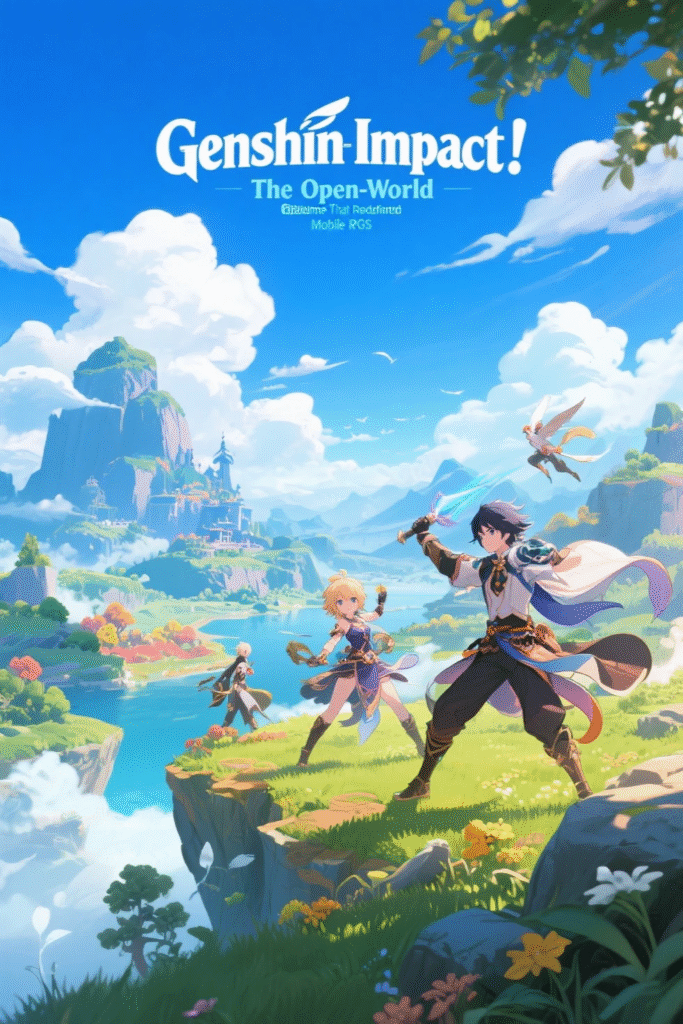The Rise of eSports: How Competitive Gaming Became a Billion-Dollar Industry
By Bizbuzzup
Introduction
In just two decades, competitive gaming has transformed from niche hobbyist tournaments in basements to sold-out stadium events with multimillion-dollar prize pools. The rise of eSports—short for electronic sports— has created new careers, global fanbases, and massive investment opportunities. With over 550 million viewers expected in 2025, eSports is now a legitimate industry that rivals traditional sports like basketball and soccer. But how did it get here? And what makes it so appealing to millions of fans?
This article dives into the evolution, key games, business model, and future of the eSports ecosystem.
What Is eSports?
eSports refers to organized, competitive video gaming, typically played at a professional level and watched by live audiences in-person or online via platforms like Twitch, YouTube Gaming, and Kick.
Common formats:
- 1v1 duels (e.g., StarCraft, Street Fighter)
- Team-based matches (e.g., League of Legends, Counter-Strike: Global Offensive)
- Battle royale showdowns (e.g., Fortnite, PUBG)
A Brief History of eSports
- 1980: Atari holds the Space Invaders Championship—over 10,000 participants.
- 1990s: LAN parties and local tournaments for Quake and StarCraft in South Korea.
- 2000s: Major League Gaming (MLG) and the World Cyber Games begin globalizing competitive gaming.
- 2010s: Twitch revolutionizes live-streaming. League of Legends and Dota 2 host multimillion-dollar tournaments.
Key eSports Titles and Their Impact
1. League of Legends (LoL) – Riot Games
- Flagship game of the eSports world.
- LoL Worlds in 2023 had over 5 million concurrent viewers.
- Features franchised leagues like LCS, LEC, LCK, and LPL.
2. Counter-Strike: Global Offensive (CS:GO) – Valve
- Tactical first-person shooter with deep strategy and teamwork.
- Major tournaments often exceed $1 million in prize pools.
3. Dota 2 – Valve
- Known for The International, the largest eSports tournament prize pool—$40 million+ in 2021.
- Highly strategic, team-based MOBA.
4. Fortnite – Epic Games
- Popularized the battle royale genre.
- Fortnite World Cup 2019 offered $30 million in prizes, with a 16-year-old winner taking home $3 million.
5. Valorant – Riot Games
- Newer FPS with explosive growth and a global eSports scene already in place.
- Riot’s franchised Valorant Champions Tour connects global teams.
Why Is eSports So Popular?
- Accessibility: Anyone with a PC or console can start competing or watching.
- Interactivity: Fans can chat with players live, join their Discords, or even play with them.
- Youth Appeal: Especially popular with Gen Z and Millennials who grew up gaming.
- Global Language: Unlike traditional sports, eSports transcends culture, language, and borders.
eSports Business Model
Revenue Streams:
- Sponsorships: Nike, Red Bull, BMW, and even Louis Vuitton have entered the space.
- Merchandise and Ticket Sales: Team jerseys, event tickets, and collectibles.
- Advertising: Twitch ads, YouTube pre-rolls, and in-game placements.
- Media Rights: Deals with streaming platforms and TV networks.
- Prize Winnings: Though inconsistent, top teams can earn millions annually.
Top teams like Team Liquid, T1, and FaZe Clan are now full-blown brands.
Careers in eSports
It’s not just about being a pro player. The industry includes:
- Casters & Analysts
- Coaches & Psychologists
- Event Planners & Production Crew
- Content Creators & Streamers
- Team Managers & Agents
With eSports scholarships now offered by universities, the career path is legitimized.
Challenges Facing the Industry
- Burnout & Mental Health: Pro players often face intense schedules and short careers.
- Sustainability: Some organizations rely heavily on VC funding with little profit.
- Cheating & Match Fixing: Like traditional sports, eSports grapples with integrity issues.
Nonetheless, regulation is improving, and federations like the Global Esports Federation are forming.
The Future of eSports
- Olympic Integration: The IOC has already included eSports in experimental events.
- Mobile eSports Growth: Especially in regions like Southeast Asia and India.
- Metaverse and VR Integration: Games like Echo Arena and Onward are early examples.
- Decentralized Tournaments: Blockchain may allow players to organize peer-to-peer prize events.
Experts project the eSports market will exceed $3 billion in revenue by 2028.
Final Thoughts
eSports is not just the future—it’s the present. It has matured into a professional, multi-billion-dollar global industry, driven by passion, technology, and community. Whether you’re a player, a fan, or an investor, the digital stadiums of competitive gaming are open, electrifying, and growing faster than ever.
By Bizbuzzup





















